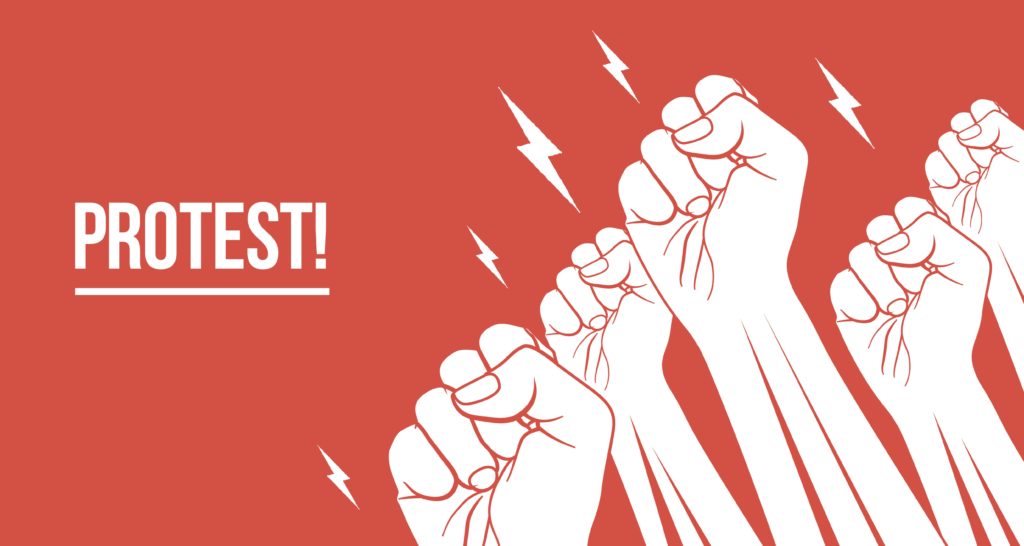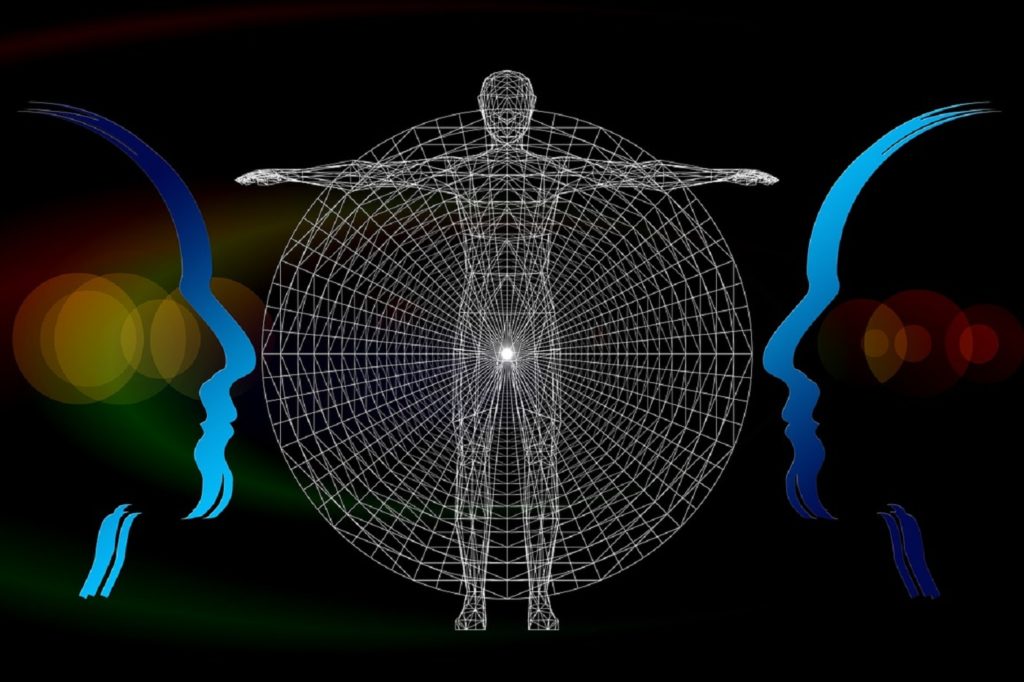Faustian Medicine: Uncovering the Humanistic Soul of Medical Education

Medicine isn’t opposed to what makes us human. At its best, it’s a practical application of the ideals of humanistic education, and its goal is to express and enable those things that distinguish us as human beings. Those practicing medicine need encouragement to cultivate a true understanding of health and healthcare.
Rethinking the Working Class: Toward a Multi-Ethnic Conservative Coalition

In the aftermath of the 2020 election, American conservatives should take advantage of the opportunity the 2020 election’s demographic breakdown offers. Now is the time to reorient the conservative idea of whom they are fighting for and trying to appeal to.
Faith, History, and Politics: A Transatlantic Conversation about the Role of Religion in the American Story

“Much American (and British) media depiction of faith—sadly, but perhaps inevitably – tends to be primary colored, inadequately nuanced, and at odds with what I have found to be the case from my fifty years’ engagement with the United States.” An interview with the British historian of America, Richard Carwardine.
Resisting the New Religion of Identity

Joshua Mitchell shows how identity politics distorts basic Protestant theological concepts of transgression and innocence while omitting forgiveness, humility, and charity.
Vaccines and Doubly Remote Cooperation in Evil

Neither the Pfizer nor the Moderna vaccine poses any significant moral concern. Any moral issues with both are so remote and minor that they should prevent nobody from getting either of them.
The Bookshelf: Big Books Still Ahead

Perhaps what unites the books that I’ve dragged my feet about reading is that they are Big Books, long and serious works of great literary merit. These require an investment of one’s time and energy, representing a reader’s marathon. There is no training for these marathons, of course. One must simply plunge in.
Why America Needs Shareholder Capitalism

We must insist on shareholder primacy if we want to hold publicly traded businesses accountable for their distinctive contribution to the common good.
How St. Katharine Drexel and My Odd-Couple Parents Taught Me to Fight Racism

What I learned from St. Katharine Drexel was that the first act is simply to see the truth. To really use our eyes and intellect and heart to see another as a fellow human, given dignity by God, is no simple act—but it can be done. And then to step toward those who are not being accorded this dignity and to offer it to them, to reach out the hand of charity, takes a monumental act, a decision often of serious self-sacrifice.
Between Secularism and Fundamentalism: On France’s Response to Islamic Terrorist Attacks

The problem France is facing with radical Islamism is not separatism, but conquest. To fight Islamic terror, France needs to recall the Christian roots of her culture and robustly defend them.
Barbaric Dogmatists and the Revolution

In the current moment, we critique and demand, but from a negation; we know—or some think they know—what they don’t want, but it is quite unclear if they know what they do want. And since they have rejected moral norms it is impossible for them to give a rational justification for their wants and dislikes. Theirs is an exercise of will, for they have exorcised the logos, and mere will—willfulness—remains.
Is Receiving the Pfizer-BioNTech COVID-19 Vaccine Ethical?

The Pfizer-BioNTech vaccine’s remote and limited interaction with abortion, coupled with the command to love thy neighbor, makes it a candidate for ethical use.
Gene Editing and Planned Personhood

The future of germline editing includes practical risks, but the question of whether it will happen should hinge not only on whether it can be safely done. Physicians must carefully consider their role in relation to their patients, which is different from that of a scientist working with specimens in a lab.
Finding the Roots of the Riots

When I interviewed people at Portland’s protests, I found that they rarely hold the views they are attacked for. They are usually not filled with hate, as their opponents believe. However, they often consume one-sided media and are victims of confirmation bias. They believe they know what their adversaries support, and are ready to fight to oppose it.
The Impact of Psychological Man—and How to Respond

Only by modeling true community, oriented towards the transcendent, can the church show a rapidly destabilizing world of expressive individuals that there is something greater, more solid, and more lasting than the immediate satisfaction of personal desires. The second in a two-part essay.
The Rise of “Psychological Man”

The notions that human flourishing is found primarily in an inner sense of wellbeing, that authenticity is found by being able to act outwardly as one feels inwardly, and that who we are is largely a matter of personal choice not external imposition have become common intuitions that lie at the heart of our society’s many ills. The first of a two-part essay.
The Lincoln Proposal: Pro-Life Presidents Must Take Ambitious and Bold Action to Protect the Constitutional Rights of Preborn Children

Americans need not accept an interminable status quo of indifference toward the rights of the child, due either to the timidity of our political elite or to the presumption of our judiciary class. The ‘Lincoln Proposal’ offers pro-life presidents the clearest way to confront Roe v. Wade’s jurisprudence of violence and doubt and to protect the constitutional rights of preborn persons.
Walker Percy’s Prescient Dystopia

Love in the Ruins speaks to our present moment in the United States like few other books. Most important is what Percy has to teach us about the dangers of moral superiority, ideological idealism, and the capacity of intellectual humility and hard work for achieving genuine progress.
Qualifying Free Speech Out of Existence: Dare to Speak and the Danger of Polite Self-Censorship

It is easy to come away from Dare to Speak filled with confusion about whether, or even how, to take the title’s advice. Reducing minds to group representation is, in the long run, no way to arrive at either truth or justice. Instead, it first leads to conflict, and finally to a weary agreement that the groups can only live in peace separately—and in silence.
From Sermons, to Speeches, to Protests and Riots: The Mayflower at 400 and an American Myth throughout the Centuries

The sermons, political speeches, and protests about America’s origin rely on harmful myths. This is true not only of the 1619 Project’s, but also the traditional view of the Pilgrims. The task of history, however, ought to replace myth with the far more compelling chronicles of human complexity.
Double Visions: Marilynne Robinson’s Jack

Marilynne Robinson’s “Jack” dives deep into the protagonist’s mind in order, paradoxically, to show how our lives mean things that are only apparent to other people. She depicts Jack’s redemption as something that occurs partly outside his conscious awareness. By giving us Jack’s consciousness illuminated but not wholly transformed by his wife Della’s love, Robinson achieves an artistic analogue to forgiveness.
Questions on Abortion: A Dinner Invitation to Nicholas Kristof

The New York Times’ Nicholas Kristof addresses the debate over abortion from an external point of view, for he has not attempted to understand or imagine the pro-life position from the standpoint of someone who holds that view. If he’d like to try seeing it from within, Mr. Kristof is most welcome to join us for dinner and conversation at the Witherspoon Institute.




